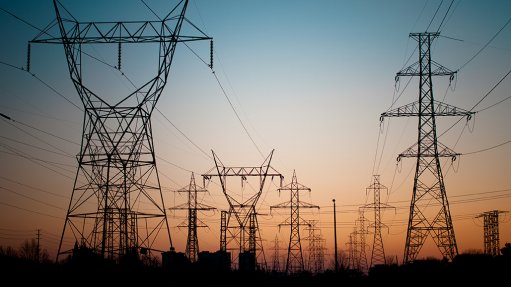
With the liberalisation of the South African electricity market, energy trading will become increasingly important. So highlighted Investec Project Finance Director Franca Sandham. She was participating in a panel discussion organised by energy transition financial consultancy Green Giraffe Advisory, on the fringe of the African Energy Indaba, in Cape Town, on Thursday.
“Energy traders are essential to a more deregulated market,” she affirmed. “It’s inevitable. We’ll see more and more traders.”
“I think they’re critical,” agreed international law firm Allen & Overy partner Alexandra Cluver, participating on the same panel. In a deregulated market, energy traders connected electricity generators with electricity consumers. Cluver also noted that, currently, the energy traders active in the South African market all had slightly different focuses, which she felt was a good thing.
Also of great importance was the issue of the transmission networks.
Sandham affirmed that policy for, and the financing of, the strengthening of the transmission network was going to be a key factor. Also key, Cluver stated, would be the relationship between public and private sector transmission.
“The grid was built for a certain use, and that is what it’s not being used for, now,” said a third panelist, Harmattan Renewables MD Chanda Nxumalo. The transmission grid now had to integrate renewable energy sources, and on a large scale. “There is still clarity needed on the grid connection process.” She pointed out that some of Eskom’s requirements for grid connection didn’t fit with the reality of renewable energy. “That is a work in progress.”
Cluver further observed that it was important to establish how liberalisation would coexist with the Electricity Act, which protected the existence of national electricity utility Eskom. She further pointed to the social development role of electricity. The authorisation and development of a private sector business-to-business energy sector was great, but there would always be a role, in the electricity sector, for municipalities and the government.
The liberalisation of the country’s electricity sector was only in its early stages, emphasised the fourth panelist, EDF Renewables South Africa Head of Investment Verena Bougeat. In Europe, liberalisation had taken 30 years to fully achieve. The unbundling of Eskom was just starting. Nevertheless, what was happening in South Africa was very encouraging. Her company now had a project portfolio in the country with a total generating capacity of 520 MW. She wondered if there was a risk that the South African regulatory framework could change in the future. A deregulated South African electricity market was “all very new”.